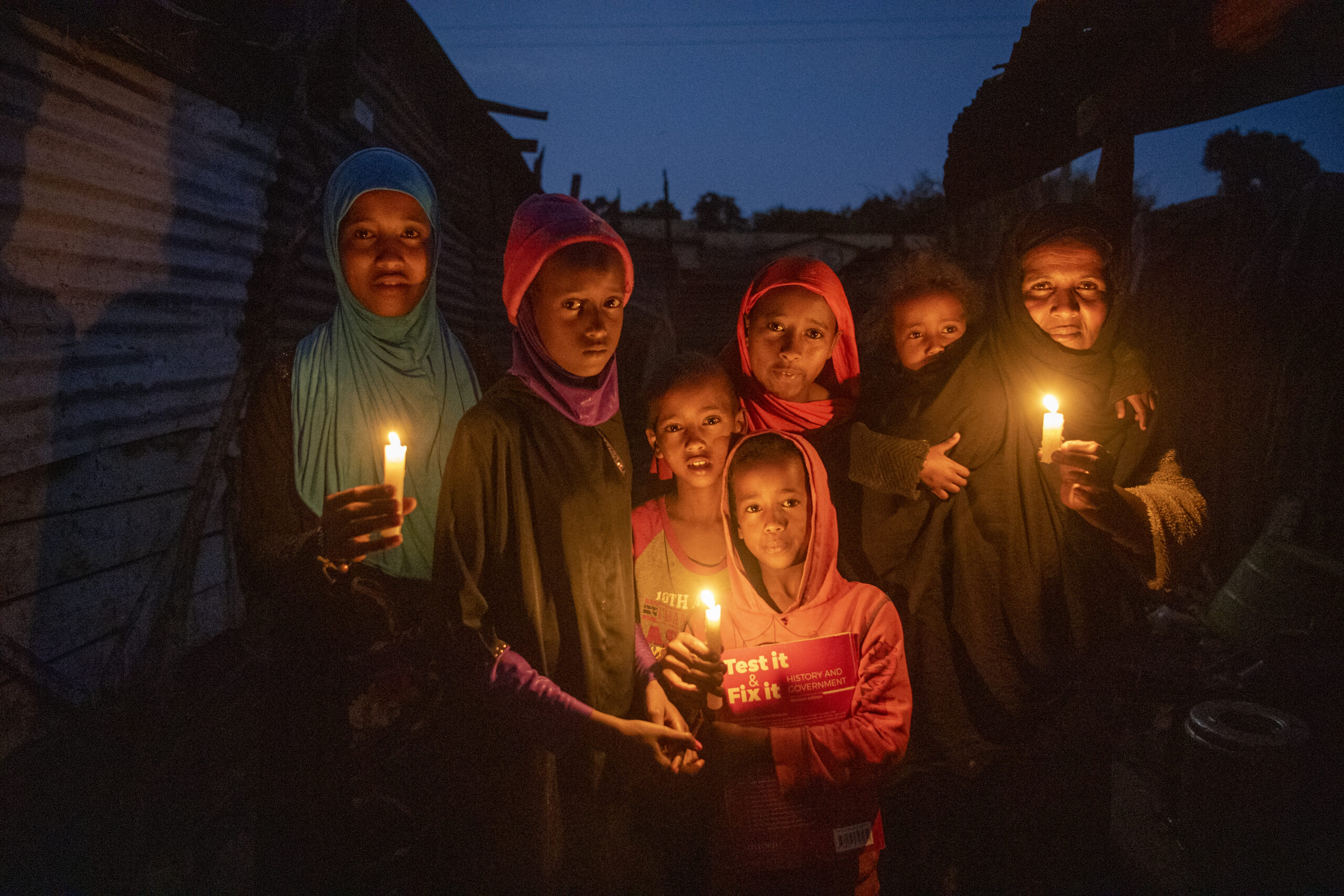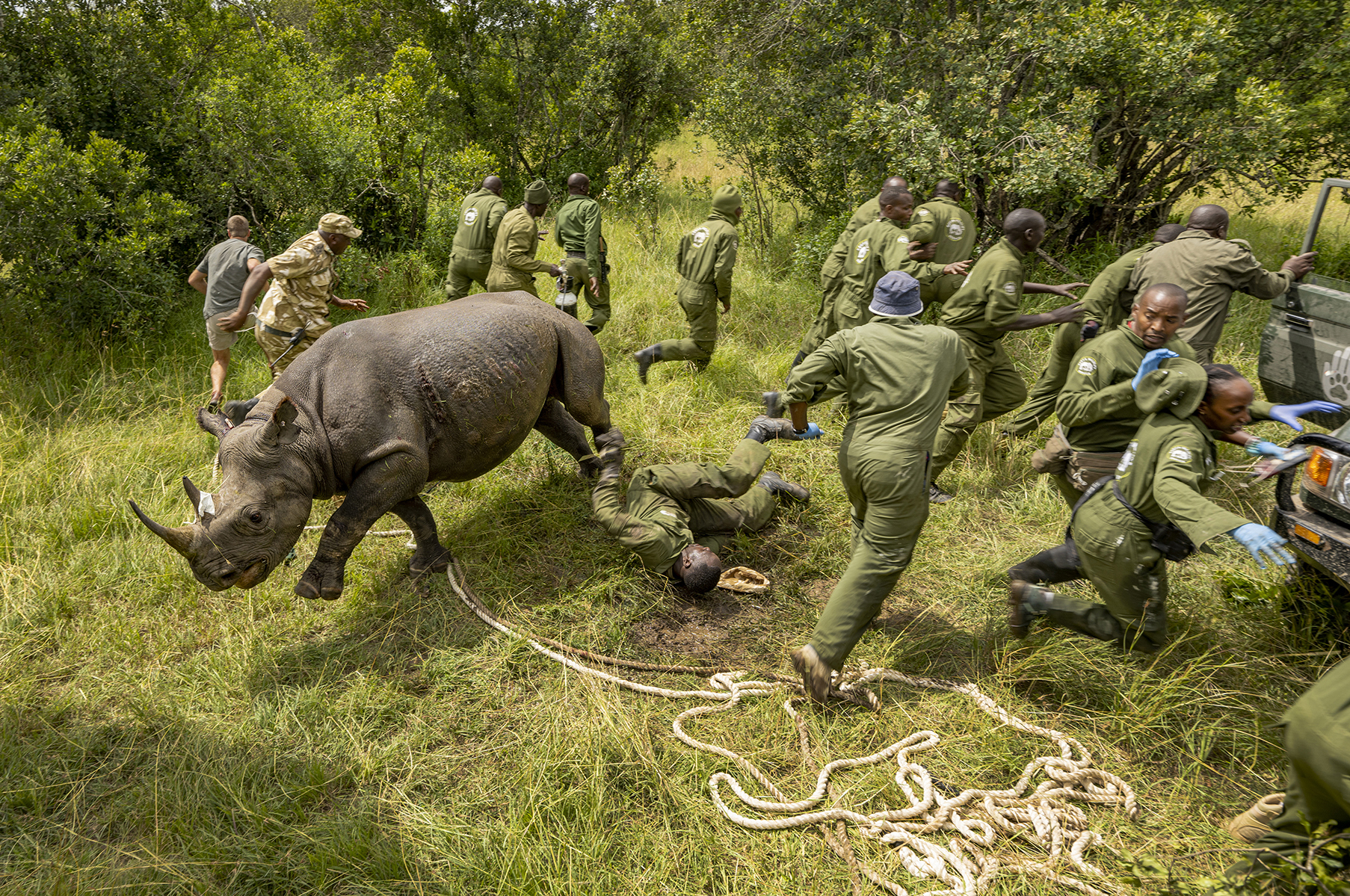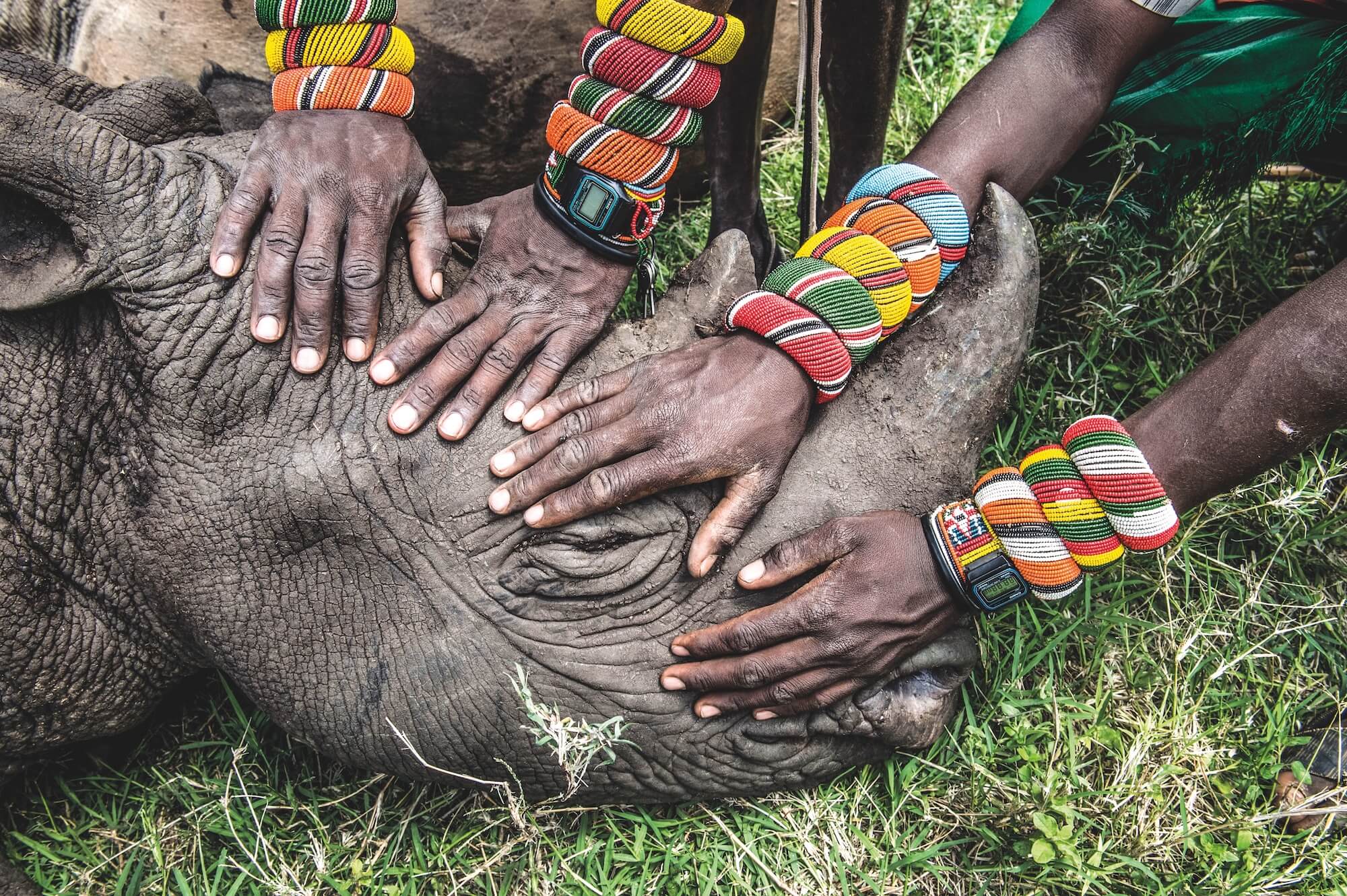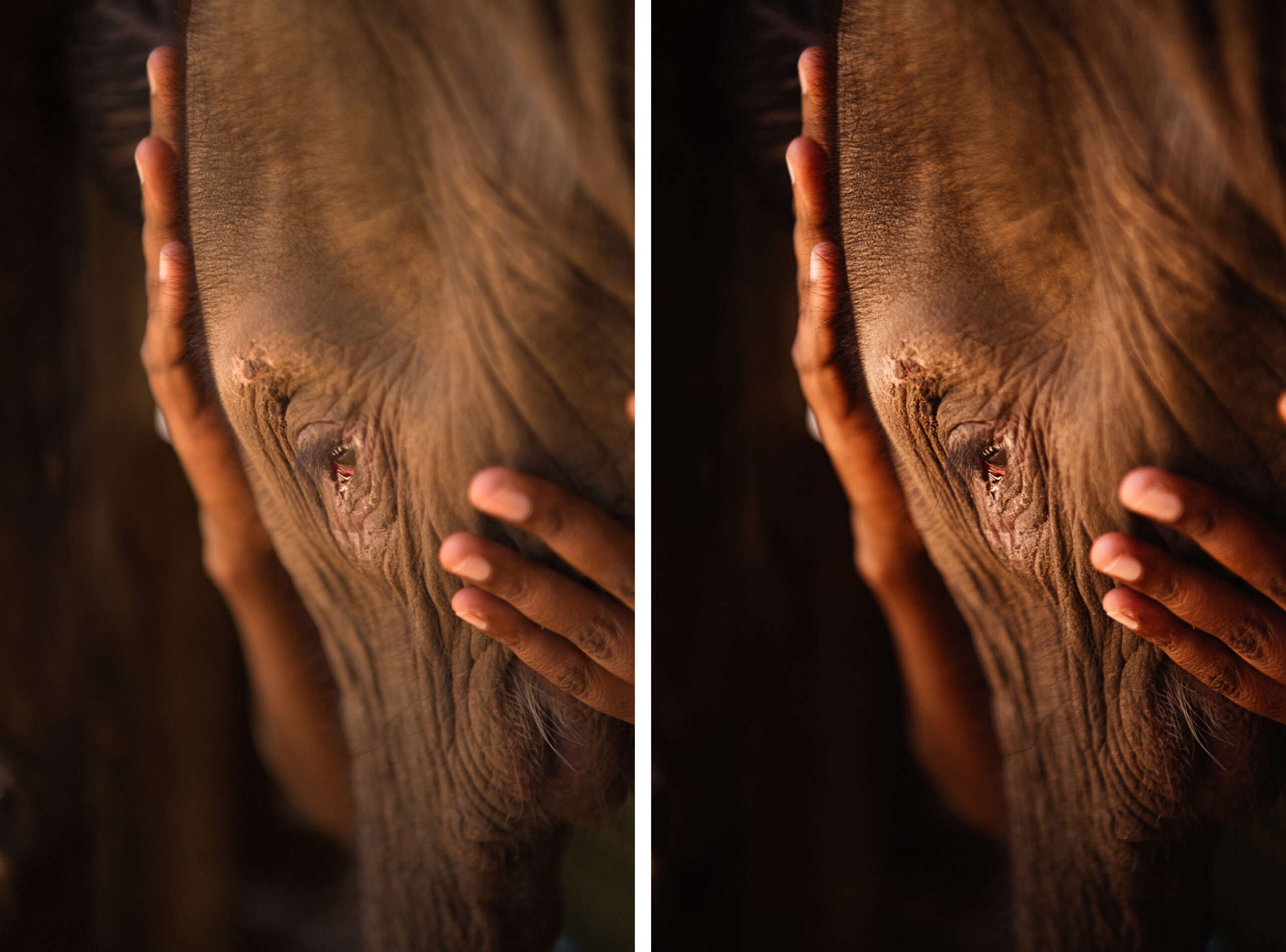New Interview for PROOF magazine
02 / 13 / 2012
Return to BlogSee the full interview here: http://proofmsj.com/photojournalists/
Few can boast credentials such as this: seventy five plus countries covering civil unrest, poverty, violent conflict and social injustice; photographs exhibited all over the world and published in National Geographic, Adventure, Geo, Newsweek, Time, Smithsonian amongst other international magazines and news sources; global recognition including the Photographer of the Year International Award, the Lowell Thomas Award for Travel Journalism, Lucie awards, the Daniel Pearl Award for Outstanding Reporting, and the Magazine Photographer of the Year award by the National Press Photographers Association. As a career photojournalist, Ami Vitale, backed by her impressive work and awards, embodies the dynamism of journalism in today’s world.
And yet there is a deeply compassionate and humanitarian side to her work that is rare in an industry driven by headlines and increasingly hashtags. This is immediately apparent from many of her works that convey the subtle and surreal beauty of humanity that is often muted by mainstream media sensationalism. See for example her photographs of rickshaw pullers in India.
More recently, Ami has ventured into film-making. After getting her Masters at the University of Miami’s School of Communication, she has been working with Ripple Effect Images, an organization of scientists, writers, photographers and filmmakers on a mission to create powerful and persuasive stories illustrating the very specific problems women in developing countries face. Her most recent documentary, “Bangladesh: A Climate Trap,” centers upon an issue that has largely been ignored by most of the developed world, namely, climate change-driven migration in the world’s most impoverished countries.
You’ve travelled and lived in so many places, your work is incredible and covers a wide range of topics. Why do you do what you do—what drives and motivates you? What inspires you? And what do you ultimately hope your photographs will achieve?
I began my career covering some of the most horrific dramas that were playing out at that time. I went to the Balkans, Angola, Palestine and lesser known places like Kashmir, Gujarat in India or even places you may really never have heard of likeCasamance in West Africa. All of them were equally nasty and my reason for going was to show the au dience the brutality that was going on. You might expect me to say that the world is full of tortuous places and as journalists, our role is to expose those dark corners of the world. Yes there is a role for that, without a doubt, but I believe that we have a greater responsibility, an obligation, to also illuminate the things that unite us as human beings rather than simply emphasize our differences
How do you choose what type of topics and issues to cover? What prompted you to go into filmmaking and documentaries?
I lived in India for almost 6 years and nearly 4 of those years were spent primarily in Kashmir. It was not an assignment but after my first visit there, it captured my heart and each year I found ways to fund my work there. I received several grants and it became a very important piece of my life and my understanding of the world. I feel the only way to understand the complexities that exist in all of our cultures and conflicts is by staying for a long period of time. The problem with most mainstream media, as I see it, is the ephemeral nature of it. Journalists never stay long enough to show the multitude of viewpoints that exist. Parachuting in and then leaving is simply not an option to me. I think that only contributes to stereotyping and sensational coverage of these very complex histories and stories.
The medium I work in is changing and video is now playing a much bigger role in what we do. Cameras like the one I carry can shoot hd video and it can enhance our abilities as storytellers. This is already playing a big role in my future but I don’t think I would have had the courage to take the leap into shooting video without one small fib, to Nikon, when they called and asked if I knew anything about making videos. “Yes of course”, I replied instantly, knowing nothing about moving images or how to even operate the camera. I assumed I’d have time to learn before the shoot but was surprised when they sent the D300s camera only the night before my trip to India began. I frantically studied the manual on the 28 hour long journey and arrived terrified and wondering if I had just made the biggest mistake of my life. This is the film I made there, an homage to India.
If I had not had the opportunity, I probably never would have made the leap but I’m so grateful I did. In a time when media is struggling and searching for a new path, I’m finding that I am busier than ever telling meaningful stories in new ways for a variety of outlets.
Last year, I went back to school to study film and created my first documentary film which just premiered at the Jackson Hole Film Festival. I also am doing a variety of short films for new clients. It’s an exciting time to be a photographer and journalist and this new skill can create more opportunity for all of us. The old models of business are in crisis, but opportunities lie ahead. We must redefine ourselves as technologies create more opportunities.
As someone who has witnessed and documented so many social injustices, what are the major lessons or insights that you take away from your experiences?
We cannot afford to view the world through an optic of fear and hate because if we only tell stories through our own paradigm of values, we justify the existing divisions in our world. I truly believe that change will never happen unless we have empathy for those who have a different viewpoint than our own.
What advice can you give to aspiring journalists and photographers?
In the beginning of my career, I had a choice whether to take every assignment that came my way or to be thoughtful about the kinds of stories I worked on. I realized it was more important to build up a body of work rather than to make more money shooting assignments that I was not necessarily passionate about. Now I can look back, and see that it was important to take that risk. It allowed me to create a body of work and content that defined the issues and subjects that I cared about. Whether you’ve been in this one-year or ten years, I believe it’s very important to commit to one story or issue or place. There are a million great photographers and the technology is there to make everybody feel like a great photographer. However, the challenge is to be consistently good and to be able to reveal more than everyone else on the subject you are working on. I think many people mistake taking pictures of exotic and beautiful places as being committed but it’s not enough just to travel and take pretty images. You have to go deep and show something original and unexpected, something that teaches and surprises.
You May Also Enjoy

Help Vital Impacts Meet the Match
I had the pleasure of speaking with the incredibly talented and thoughtful Mark Edward Harris from Make It Better Foundation about the power of a single image to impact our understanding of the world. At this critical moment for humanity, we cannot afford to feel overwhelmed or hope that someone else will address our challenges. [ … ]

Black Rhino Revival
I am honored to have been able to collaborate with The Nature Conservancy to document the incredible efforts and critical steps Kenya has had in achieving stable habitats for the survival of the species. Black rhinos once thrived across Kenya, but rampant poaching in the 1970s and ’80s drove them to near extinction. However, government [ … ]

Ami Named Royal Photographic Society Honorary Fellow
I am honored to share that I have been named an honorary fellow of the Royal Photographic Society, alongside such photographic luminaries as James Balog, James Friend, Sirkka-Liisa Konttinen, Michelle Sank, Marilyn Nance, Yasmine Crawford, and William Kentridge. This prestigious recognition is part of an initiative that celebrates the unique power of photography to challenge societal [ … ]

My Earth Essence Presets with Luminar Neo
I’m excited to announce my partnership with Luminar Neo. We have launched an exclusive Earth Essence Presets Collection that captures the essence of classic darkroom techniques. These presets are crafted to help you make subtle, yet powerful enhancements to your portrait, landscape, and wildlife photography. Guided by a strong commitment to ethical standards, my image [ … ]

